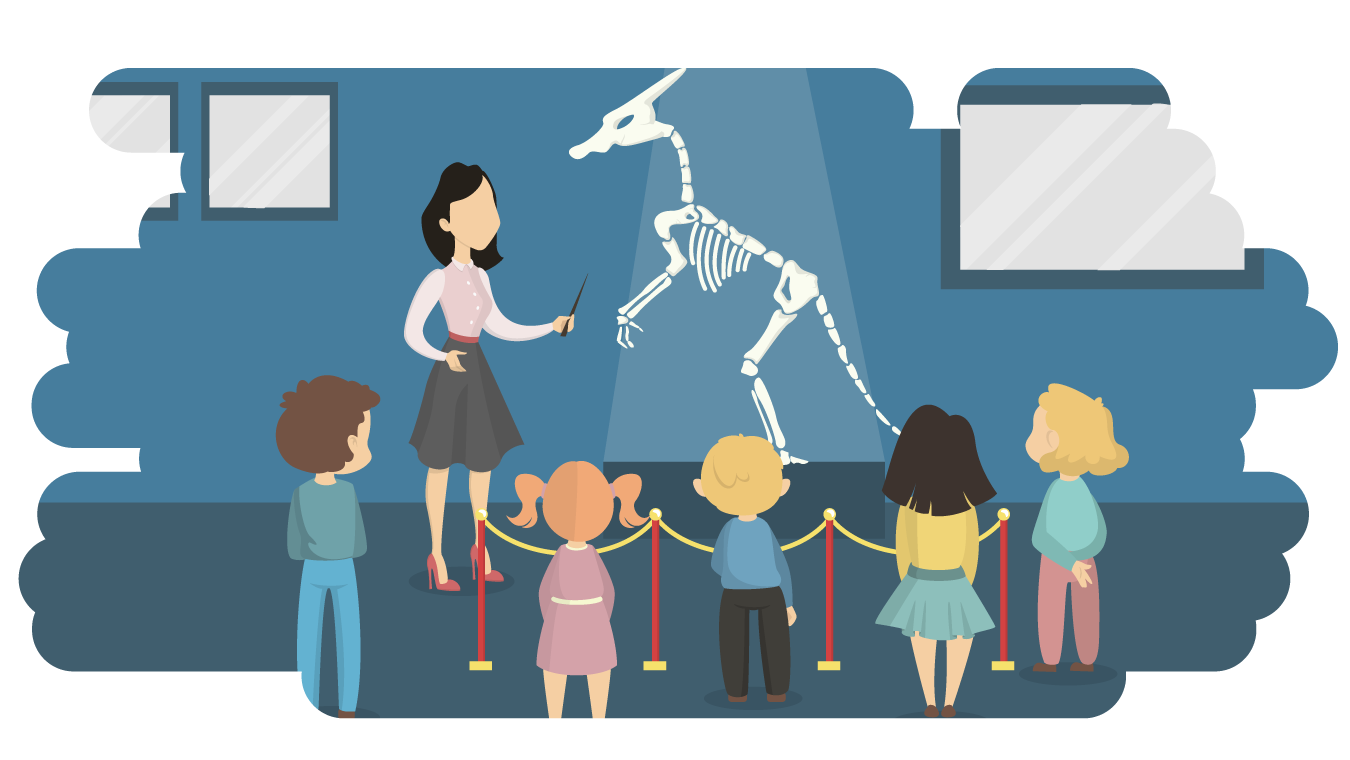Attention Deficit Hyperactivity Disorder

(Please note: every line of text on this website has a speaker symbol next to it. This will allow you to listen to an audiotext if reading it is difficult)
Overview
ADHD (Attention Deficit Hyperactivity Disorder) is defined as a neurodevelopmental condition, thought to be caused by differences in the way the brain develops, that affects the parts controlling attention, concentration, impulsivity, activity levels and memory.
This means a child or young person may experience difficulties in any or all of the below:
- paying attention
- impulsivity, and
- hyperactivity
Everybody is different, but a person with a diagnosis of ADHD has difficulty filtering out unimportant information, and maybe easily overstimulated and distracted, struggle to identify and retain the important information, have memory difficulties, feel overwhelmed by their own thoughts, respond before considering things properly, and find it difficult to regulate their feelings and behaviours.
ADHD in children is usually identified when parents and carers and practitioners in educational settings compare their different experiences of the child at home and in school or nursery.
Diagnosis of ADHD is carried out through assessment by medical practitioners. It is quite common for children to have high energy levels, or become easily distracted, so this in itself is not evidence of ADHD. Formal diagnosis requires careful assessment of a child's experiences and behaviour.
Treatment can take different formats, from adjusting approaches to education, to therapy and medication.
If you are concerned your child may have ADHD, please talk to your child’s class teacher. They will be able to discuss your concerns with you and ensure they are supporting your child or young person. The teacher and SENCo will then work together to decide whether your child needs to be referred for an assessment.
For more information, we recommend reading this document on ADHD guidance:
If you would like to talk to someone about any aspect of your child's SEND, including ADHD, the Amaze SENDIASS (Special Educational Needs and Disability Information, Advice and Support Service) offers impartial, confidential advice on anything to do with special educational needs and disabilities for 0 to 25 year olds. Parents, carers, children and young people under 25 with SEND living in Brighton & Hove or East Sussex can use the service. This service is free and can be contacted on:
Alternatively, you can visit their website for more information: